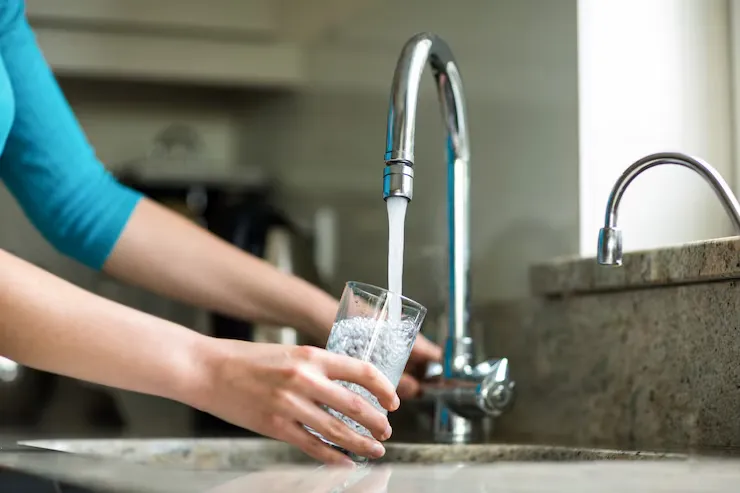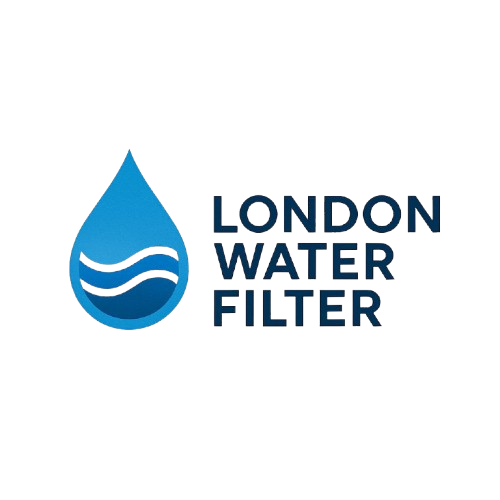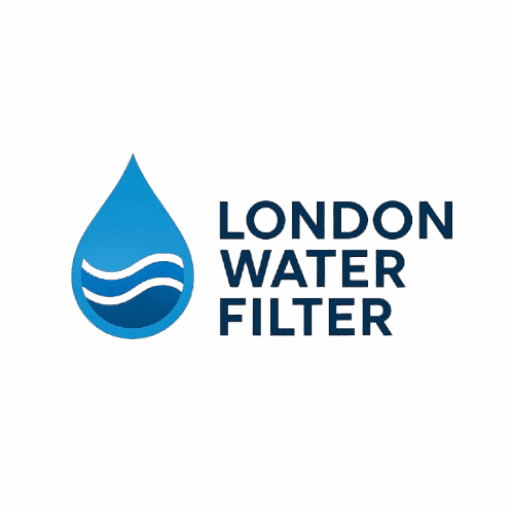Tap water in London often smells odd and leaves a chalky residue on appliances and sinks. Many homeowners deal with poor water quality without knowing the real cause or the permanent fix. Whether it’s chlorine taste, sediment build-up, or harmful contaminants like lead and bacteria, untreated tap water affects your health, your home, and your wallet.
Let’s break down how to fix it, what system is right for your needs, and why a whole house water filter may be the best investment you make for your home.
Why Does London Tap Water Smell and Taste Bad?
London’s city water comes from both rivers and underground sources. While treated for safety, it still contains:
- Chlorine for disinfection
- Hard water minerals like calcium and magnesium
- Heavy metals and sediment from old pipes
- Potential bacteria and chemicals
These elements affect the taste, smell, and safety of your drinking water and increase wear on plumbing and appliances.
The Permanent Solution: A Whole House Water Filter
A whole house filtration system connects to the main water line, filtering water before it reaches any tap. That means filtered water at every outlet — from kitchen sink to shower.
Key Benefits:
- Clean, safe drinking water
- Better taste and no odours
- Protects appliances from sediment and hard water
- Reduces exposure to contaminants like chlorine, lead, and bacteria
- Long-term health benefits for your family

Which Water Filter System Is Right for You?
There’s no one-size-fits-all solution. Here’s a breakdown of the most common filter types and systems:
1. Carbon Filters
Best for removing chlorine, improving taste, and reducing organic chemicals.
2. Sediment Filters
Traps sand, dirt, and rust — great for homes with old plumbing.
3. Reverse Osmosis Filters
Removes a wide range of contaminants, including heavy metals and bacteria.
4. Water Softeners
Handle hard water by reducing mineral levels using ion-exchange.
5. Under-sink Filters & Pitchers
These point-of-use filters are good for small budgets but don’t protect your entire water supply.
Whole House Filter vs. Jug or Under-Sink Filters
| Feature | Whole House Filter | Water Filter Jug | Under-Sink Filter |
|---|---|---|---|
| Coverage | Entire home | One jug at a time | One tap |
| Maintenance | Low | Frequent | Moderate |
| Filter Capacity | High | Very low | Moderate |
| Installation | Professional | None | Basic plumbing |
| Cost | Higher upfront | Low | Moderate |
What to Look for When Choosing a Filter System
- Total capacity: How much water the filter can handle before replacement
- Flow rate: Ensure your showers and taps maintain pressure
- Specific contaminants: Choose based on your local water quality
- Upfront cost vs long-term savings
- Maintenance and replacement filter availability
Is It Worth the Investment?
Yes. Whole house water filters provide comprehensive protection and improve every aspect of water in your home. Over time, they:
- Reduce bottled water costs
- Protect plumbing and increase appliance life
- Offer safer, better-tasting tap water
- Deliver peace of mind with every glass
Professional Installation Is Key
While some filter systems seem DIY-friendly, a proper installation ensures optimal performance and long-term reliability. London Water Filter offers expert fitting with systems tailored to your needs — including carbon, sediment, and multi-stage filtration systems.
FAQs About Water Filters in London
1. Do I really need a whole house filter if I already use a water jug?
Yes. Water filter jugs only cover one point, missing out on protecting showers, laundry, and kitchen use.
2. What’s the average cost of a whole house water filter system?
Costs vary, but most whole house systems range from £400–£1200 plus installation. It’s a long-term investment in health and home.
3. How often do I need to replace the filters?
Carbon filters and sediment filters generally last 6–12 months depending on water usage and filter capacity.
4. Will a filter system affect water pressure?
A good system with the right flow rate won’t reduce pressure. Professional setup avoids this issue entirely.
5. Does London water contain lead?
In older properties, yes. A lead-specific filter is essential for safe water in such cases.
Final Thoughts
If you’re tired of the chalky build-up, bad taste, and uncertain water quality, it’s time for a change. A whole house filtration system not only improves your drinking water, but it also protects your plumbing, your health, and your peace of mind.
Explore a wide range of house water filters at London Water Filter — built for London homes, and built to last.

